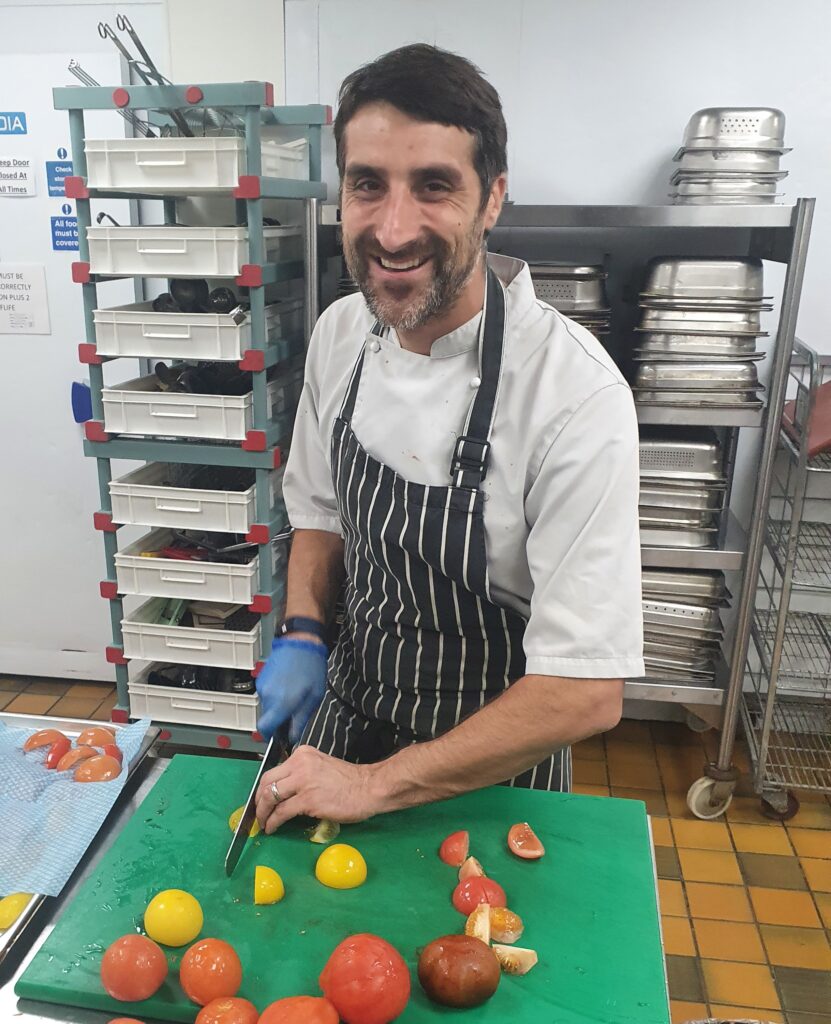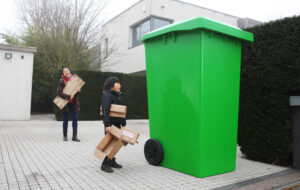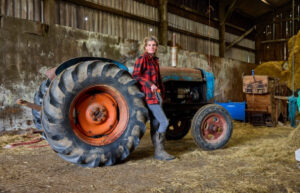‘Your dinner isn’t rubbish’ – caterer launches top tips to keep your food waste away from the bin

Top chefs have devised a host of handy kitchen hacks for home cooks ahead of an international campaign to cut food waste, urging people to ‘stop feeding climate change’.
UK households waste 6.5 million tonnes of food every year, 4.5 million of which is perfectly edible – enough to fill 38 million wheelie bins.
As part of Food Waste Action Week 2022, chefs from leading catering company Seasoned have come up with a series of top tips aimed at helping the average family of four to save up to £60 a month by reducing their food waste while doing their bit to help the environment.
Colin Sayers, Managing Partner at Seasoned, said: “Whether you’re doing the food shop, cooking dinner at home or ordering a meal at a restaurant, it’s an opportunity to save food from the bin.
“Figures show that up to 20 per cent of the food we buy at home ends up in the bin. If we did that as a catering company we’d go bust in no time. We aim to operate at two per cent wastage, mainly by deploying tried and tested kitchen management techniques. If we can pass some of that on to families to try out at home, then everyone benefits.”
Executive Chef at Seasoned, Paul Yeo, added: “Saving food means saving money, but we all need to look at the bigger picture, too. Reducing food waste is good for the planet, as it helps slow down global warming. By using up every edible bit of your food, you’re helping to protect the environment for your children and generations to come.”
Top of the list for cutting food waste is batch cooking – preparing meals in advance to feed your family for a week. Other handy hints include getting creative with leftovers, being savvy with your supermarket shop and taking fridge or freezer ‘shelfies’ so you can quickly and easily see what food you have at your fingertips.
Cook in bulk – if you’re making a Cottage Pie for a midweek meal consider buying and cooking your mince in bulk and then using it as the base for multiple dishes, saving you both time and money. The mince can be used as the base for pies, a chilli or a Bolognese. Portion them up and store in the freezer for ready-to-go meals in minutes when you need them.
Love your leftovers – turn your Sunday roast chicken into a week’s worth of meals by using every bit of the bird. Strip any leftover meat and make a curry then use the carcass to make hearty soup to give you quick and easy lunches. Leftover veg could be turned into bubble and squeak or added to the soup.
Savvy shopping – create a list and stick to it! Use the ‘shared notes’ features in your smartphone and family members can add to it throughout the week when you run out of a particular product. Only buy what you know you need. Look for food with the longest use-by date and fresh foods that can be frozen – this helps if you don’t get round to eating them in time.
Take a ‘shelfie’ – on the day of your shop, take a photo of your fridge, your freezer and your cupboards as you leave home, so you have a quick reference to see what’s already in there as you tackle the aisles.
Use it all – we’re all guilty of only using the ‘prime’ parts of food but the other bits that end up in the bin are often just as tasty. Broccoli and cauliflower stalks are delicious roasted in the oven or can be used in soups, vegetable peelings can be turned into crisps within minutes in an air-fryer while stale loaves can be rescued and turned into breadcrumbs or used in desserts.
If global food waste were a country, it would be third largest emitter of greenhouse gases after China and the US.
This year’s Food Waste Action week, running from March 7th -13th 2022, and organised by The Waste and Resources Action Programme (WRAP) aims to raise people’s awareness of the huge impact of household food waste on climate change. The campaign aims to deliver the UN’s Sustainable Development Goal of halving global food waste by 2030.



